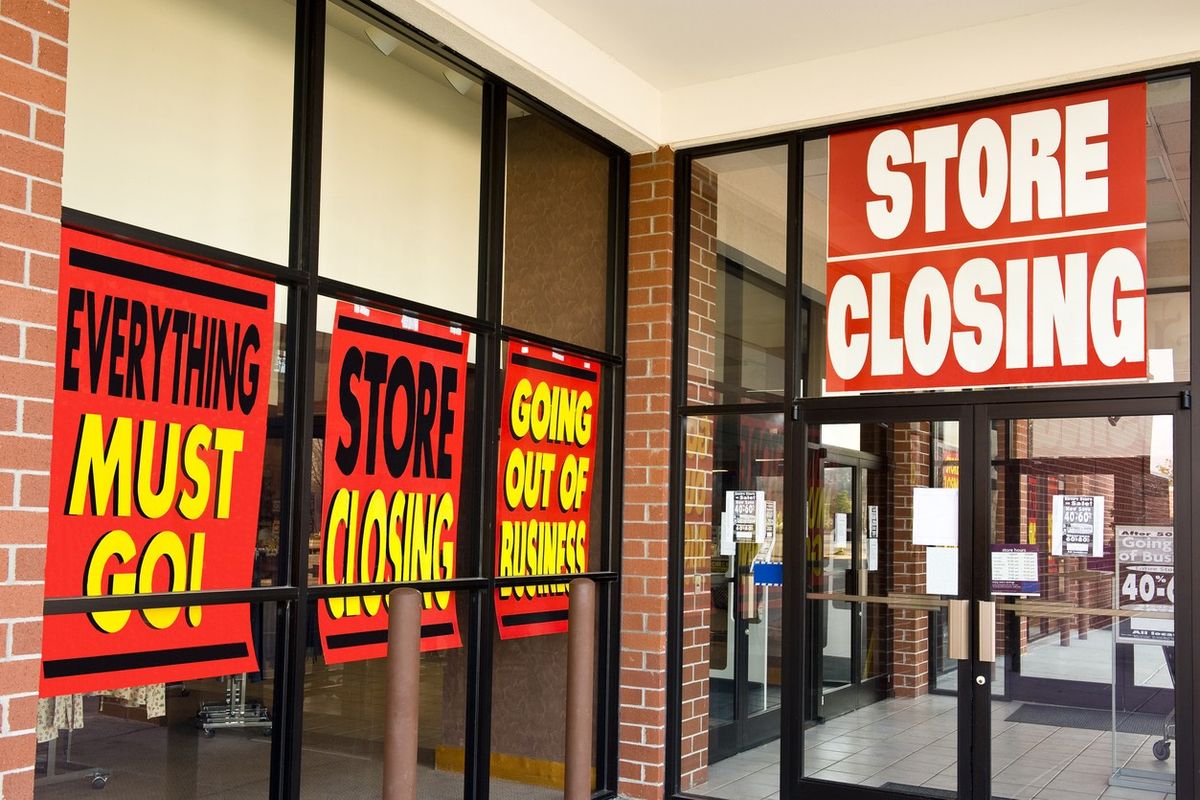The UK's independent retail sector endured a grim 2024, with 11,341 store closures and 58,616 job losses, marking a significant increase compared to 2023, when 7,793 stores closed and 34,390 jobs were lost, according to the Centre for Retail Research.
This 45 per cent rise in store closures and a staggering 70 per cent jump in job losses highlight the growing challenges faced by smaller retailers, who have been disproportionately affected by economic pressures, rising costs, and intensifying competition. The sector's struggles contributed heavily to the overall retail closures and redundancies in 2024, which saw 13,479 stores shuttered and 169,395 jobs lost across the UK.
In contrast, the multiples sector, while also impacted, experienced a less dramatic year-on-year change. In 2024, multiples closed 2,138 stores and reported 74,784 job losses, compared to 2,701 closures and 45,428 job losses in 2023.
The figures paint a bleak picture for independent retail, which is often hailed as a cornerstone of local communities. Retailing jobs form a sizeable portion of the country’s overall job market, with 2.87 million roles representing about 8.5 per cent of all UK jobs, according to the most recent figures from the British Retail Consortium.
“The comparatively low [job loss] figures for 2023 now look like an anomaly, a pause for breath by many retailers after lockdowns if you like,” Professor Joshua Bamfield, director of the Centre for Retail Research, said.
“The problems of changed customer shopping habits, inflation, rising energy costs, rents and business rates have continued and forced many retailers to cut back even more strongly in 2024.”
Trade bodies have warned that small high street shops are likely to face significant challenges in 2025 due to tax hikes announced in the Autumn Budget, coupled with minimum wage changes. Businesses will see an increase in national insurance contributions and a reduction in business rate discounts next year.
The Centre for Retail Research forecasts 17,349 store closures in 2025, resulting in nearly 202,000 job losses.
“By increasing both the costs of running stores and the costs on each consumer’s household it is highly likely that we will see retail job losses eclipse the height of the pandemic in 2020,” Bamfield warned.


